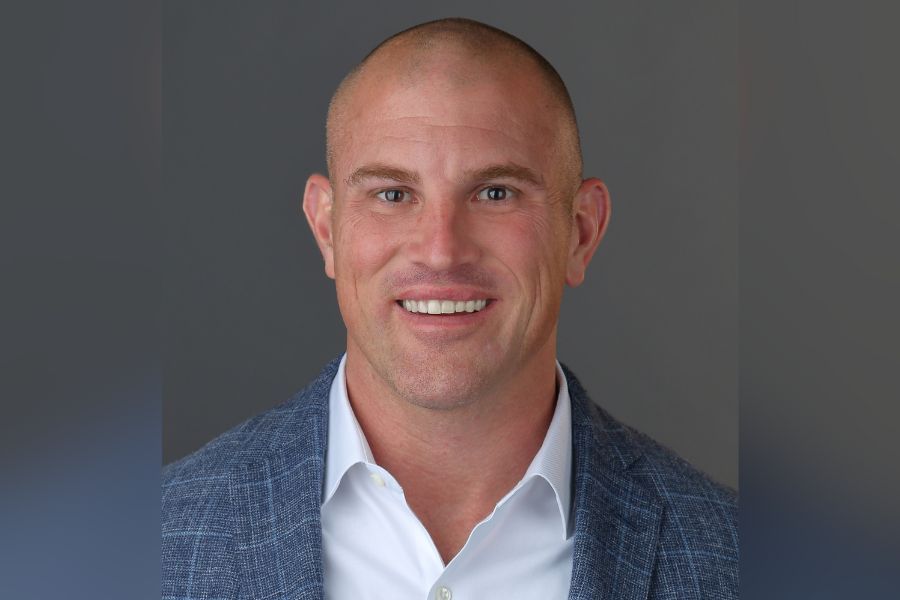Morgan Stanley is waving the white flag on recruiting
Exit from the broker recruiting protocol agreement latest sign that firm is losing the recruiting wars.
Morgan Stanley announced on Monday that it is leaving the Protocol for Broker Recruiting. This should not surprise anybody who has been paying attention for the last year.
Almost exactly a year ago, Morgan Stanley cut its recruiting deals in response to the Department of Labor’s FAQ release which prohibited back-end deals in retirement accounts. Then this summer, the firm announced that it was out of recruiting altogether, with a “move by Labor Day weekend or the deal is rescinded” ultimatum that shook the recruiting marketplace.
MORGAN’S ANNOUNCEMENT
Here is the paragraph from Monday’s official press release in its entirety:
“The Protocol was instituted in 2004 to limit litigation among member firms by establishing a universal set of rules for Advisors to follow when leaving one Protocol member firm and joining another.”
“However, over time the Protocol has become replete with opportunities for gamesmanship and loopholes: firms have opportunistically joined the Protocol to make a strategic hire and then dropped out; firms have invoked the benefits of the Protocol when hiring while using non-Protocol affiliates to circumvent the Protocol when they lose talent; and firms have unilaterally made exceptions to the scope of the Protocol, undermining the objective of a universal set of rules. In its current state the Protocol is no longer sustainable.”
“Exiting the Protocol will allow the Firm to invest more heavily in its world-class advisors and their teams, helping drive additional growth opportunities.”
The statement is absolutely right; every single one of its criticisms is accurate. The protocol has been far from perfect. What the statement does not say, however, is that Morgan Stanley had lost the recruiting wars to smaller firms, to independence, and that the firm will now make it difficult for its “world-class advisers and their teams” to depart.
LOSING BATTLE
The protocol only makes sense if you are a net winner in the recruiting wars. If you are hiring more advisers than you are losing, the protocol affords you protection. If you are losing more advisers than you are hiring, the protocol is just making it easier for advisers to leave.
Having given up on a business model that can attract advisers from the competition on its own merits, having failed to woo sufficient numbers of advisers with humongous checks, Morgan Stanley will now presumably attempt to intimidate its current advisers into staying by going to court upon their departure in an attempt to retain their clients.
What the firm does not say is that “world-class advisers” are increasingly frustrated with big-firm rules which cannot distinguish between world-class and mediocre. What it does not say is that net new money has been shrinking for years and the firm’s struggles have been hidden behind the profitability of an extended bull market and waves of cost-cutting.
THOSE WHO STAY
What does this mean for the unhappy advisers who are still at Morgan Stanley? You can take some comfort in the fact that advisers at non-protocol firms have successfully transitioned to new firms or gone out on their own over the last several years.
Edward Jones, for example, has never been in the protocol and has not been immune from attrition. But nobody will know the Morgan Stanley playbook on how it will attack a departure in a post-protocol world until it happens for the first time.
Morgan Stanley has apparently been planning this for years. Every adviser who took a retention package in 2009, plus every adviser who has been recruited since 2009, has already signed a one year non-solicit agreement.
Advisers who brought their book with them from another firm have a built-in carve-out that courts have recognized. How ironic: Those who have been loyal for the longest time have the more restrictive contracts.
NEXT MOVE
With advisers either cowed into staying or just intimidated by the sheer headache and workload necessary to move, the logical next step is to cut adviser pay.
Mr. Gorman can increase margins by cost-cutting and by revenue increases. Cost-cutting has proven to be more effective. And why would you pay so much to advisers who cannot or will not leave? Finally, those advisers who are ready to sign the internal broker retirement package should sign quickly; in a captured environment there is little chance that they will continue to be as lucrative.
To all the other wirehouse advisers whose firms have not (yet) left the protocol: Pay attention. Have any of these firms unilaterally ever done something so drastic? To the rest of the industry that is watching Morgan Stanley wave the white flag: What is your plan now?
Danny Sarch is the founder and owner of Leitner Sarch Consultants, a wealth management recruiting firm based in White Plains, N.Y.
Learn more about reprints and licensing for this article.





